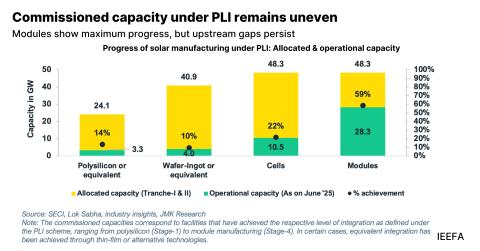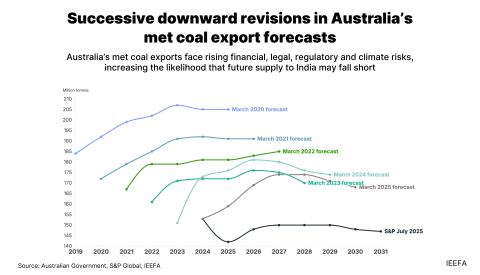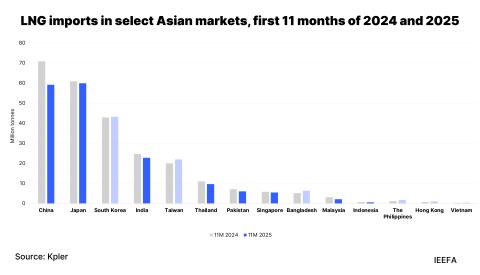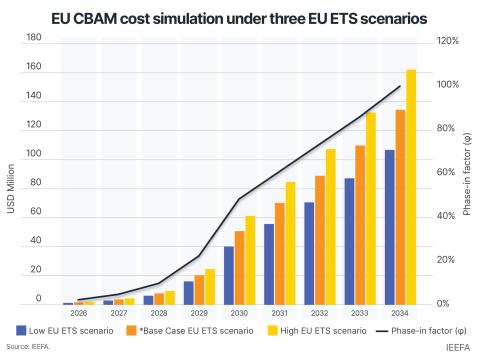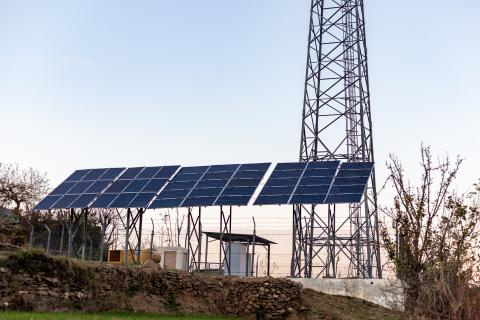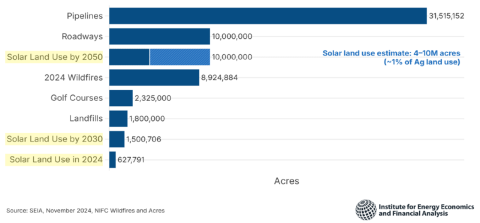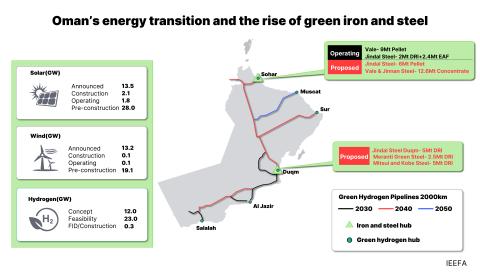FERC's failure to analyze energy market forces: Risks to ratepayers, landowners and the overall economy
Download Full Report
View Press Release
Key Findings
Although FERC has proposed revising its 21-year-old Certificate Policy Statement that guides how it assesses whether a new pipeline is necessary, more than two years have passed since the public comment period closed, and the commission has taken no action. It is making costly, bad decisions as a result, and is failing to fulfill its duty.
Poor decisions result in massive projects that impose unjustified costs on “captive” ratepaying utility customers, locking them into long-term dependence on gas when the rate of demand growth for gas is dropping, and energy alternatives are cleaner and less expensive.
Executive Summary
FERC fails to meet its statutory duty because it relies on a false premise in assessing a proposed pipeline’s necessity—that the mere existence of business contracts for the gas means the public needs it.
This reliance is not justified. The oil and gas industry as a whole, as well as pipeline developers, have been missing the mark in adjusting to changes in the energy market. The problems facing the gas market today are rooted in an oversupply of gas coupled with shrinking demand due to energy efficiency and growing competition from renewables; the driving issue when FERC produced its 1999 guidance document was scarcity of gas.
Also, the profit-making interests of the parties to pipeline contracts are not the same as the interests of the public. In the market for domestic energy service, utility ratepayers may ultimately bear pipeline construction costs whether the gas is needed or not.





